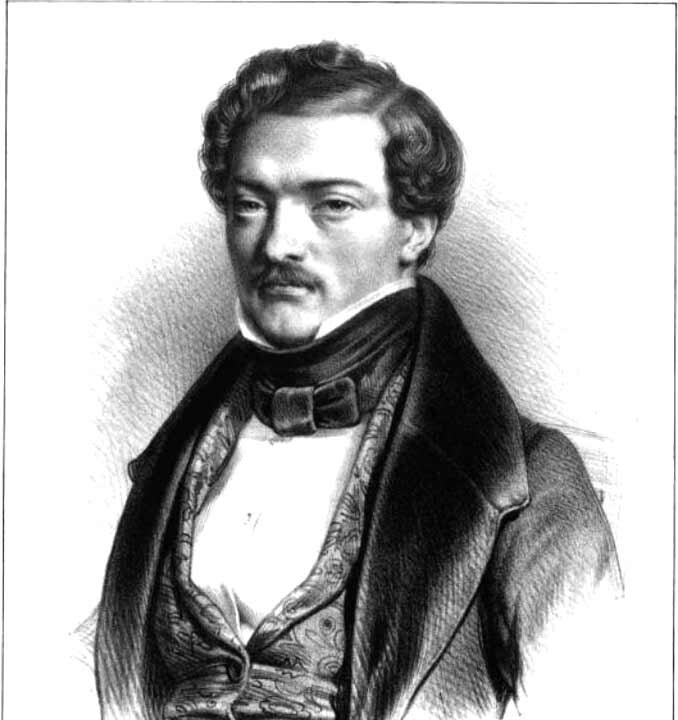Delos Records has just released the debut solo recording of American bel canto tenor John Osborn. Listening to this spectacular recital makes one wonder why it took so long.
Born in 1972 in Sioux City, Iowa, Osborn has won awards on both sides of the Atlantic, starting with the Metropolitan Opera National Council Auditions when he was 21 years old, after which he entered the Met’s Young Artist’s Program.






